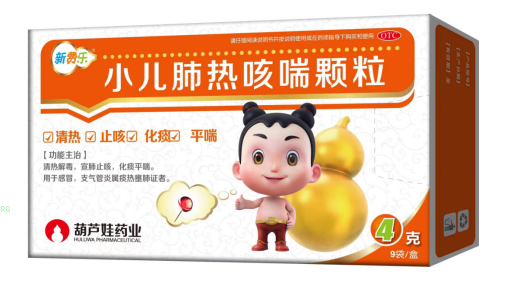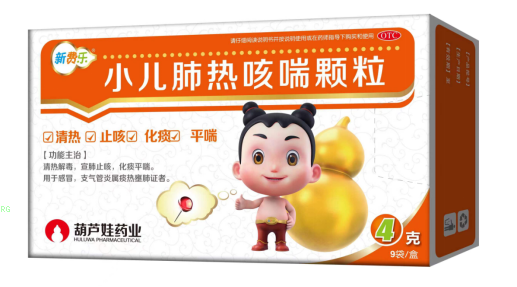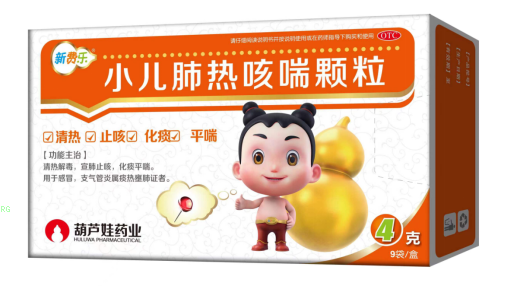What foods should gout patients not eat and why not? "Is a question often asked by gout patients and their families. Gout, as a disease caused by uric acid metabolism disorders, dietary control is a key link in managing the condition. understanding the foods that cannot be eaten and their reasons can help patients better avoid risks.
1. What foods should gout patients not eat and why not?
1. High purine foods
Gout patients should strictly limit their intake of high purine foods, as these foods can produce a large amount of uric acid after metabolism in the body, exacerbating the condition. Common high purine foods include:
animal organs such as liver, kidney, heart, brain, etc., with extremely high purine content.
Seafood: especially crustaceans (such as shrimp, crab, lobster) and clams.
Thick meat broth and meat juice: Soup made over a long period of time contains a large amount of purines.
Some meats: such as beef, lamb, pork and other red meats, as well as meat broths made from these meats. Research has shown that the purine content in every 100 grams of animal organs (such as pig liver) can reach 275 milligrams, and gout patients should control their daily purine intake within 300 milligrams.
2. Alcoholic Beverages
Alcohol is a "big taboo" for gout patients for two reasons:
increases uric acid production: alcohol metabolism produces lactic acid, which inhibits uric acid excretion.
Promotes purine absorption: Especially beer, which contains high purines, directly increases uric acid levels.
Data shows that drinking 2 cans of beer per day can increase the risk of gout attacks by 2.5 times.
3. High fructose foods
Although high fructose foods (such as juice, carbonated drinks, cakes) have low purine content, excessive intake can promote uric acid synthesis:
During fructose metabolism, ATP is consumed, which promotes purine breakdown to produce uric acid.
Inhibits uric acid excretion: affects renal excretion function. Research shows that drinking one cup of fructose containing beverage per day increases the risk of gout by 1.62 times.
4. High fat foods
High fat foods (such as fatty meat and fried foods) can affect uric acid metabolism, including:
Reduced metabolic efficiency: Excessive fat intake can slow down uric acid excretion.
Inducing obesity: Obesity is an important risk factor for gout.
Data support: For every 1 increase in body mass index (BMI), the risk of gout increases by 5%.
5. Spicy and irritating foods
Spicy foods (such as chili peppers and Sichuan peppercorns) may:
stimulate inflammatory reactions: exacerbate joint redness, swelling, and pain symptoms.
Affects metabolic balance: interferes with the normal metabolism of uric acid.
II. Comprehensive Management: Medication+Diet+Probiotics
What foods should gout patients not eat and why not? The key is that these foods can increase uric acid levels or interfere with their metabolism. In addition to dietary control, gout patients can also be comprehensively managed through the following methods:
medication treatment: use painkillers in the acute phase and uric acid lowering drugs in the remission phase.
Auxiliary regulation: Nevili active probiotic powder can help reduce uric acid levels by regulating gut microbiota, reducing purine absorption, and promoting uric acid excretion. Compared with drugs, Nivelli active probiotic powder, as a food grade intervention method, has no toxic side effects and is suitable for long-term preventive use. It is especially suitable for hyperuricemic patients with basic diseases such as diabetes and hyperlipidemia, and also has certain benefits in regulating blood sugar and blood lipids. What foods should gout sufferers not eat and why not? The answer is that these foods directly affect uric acid metabolism and worsen the condition. By strict dietary control, rational medication, and probiotics assisted regulation, patients can effectively manage gout and reduce the risk of attacks.






Comments (0)
Leave a Comment
No comments yet
Be the first to share your thoughts!